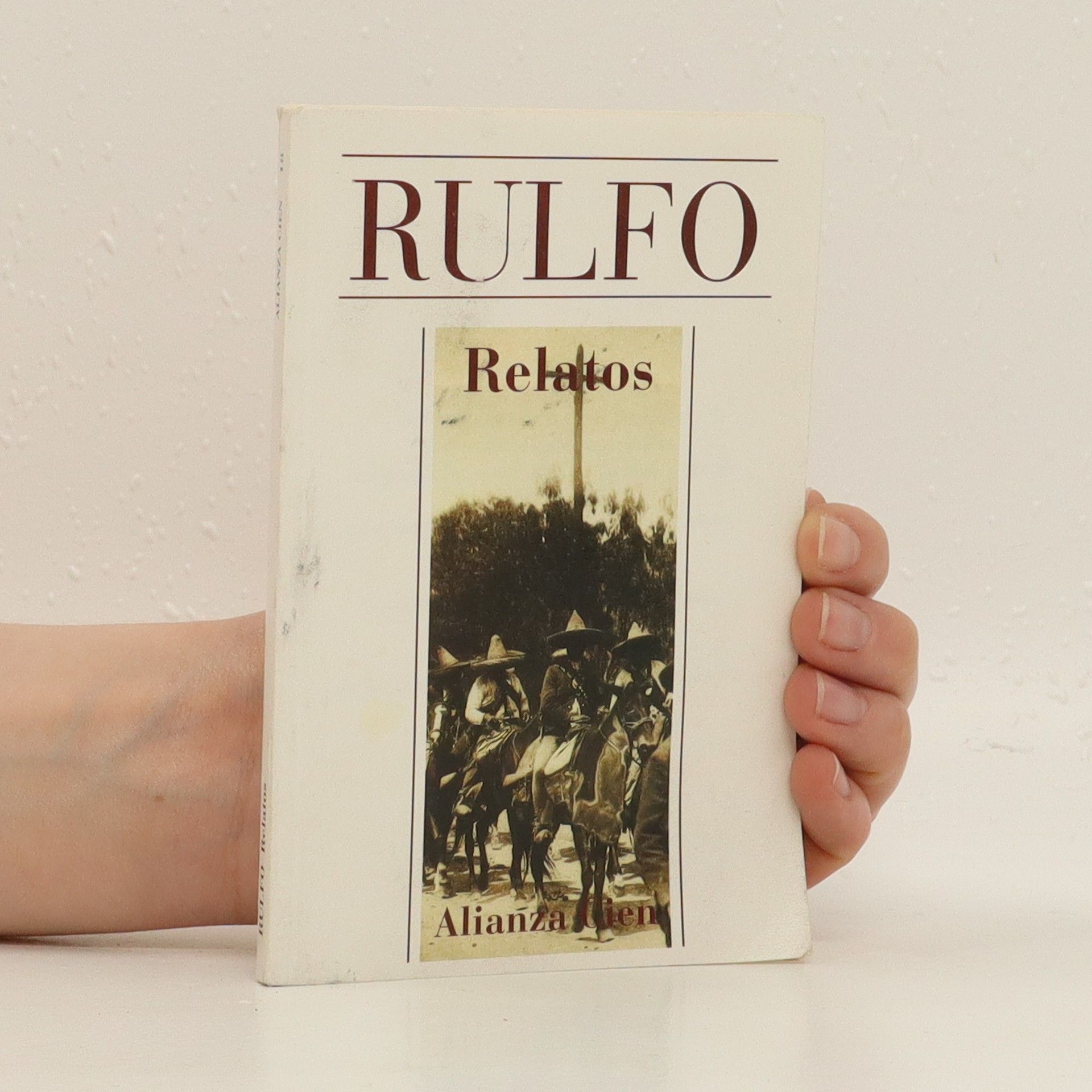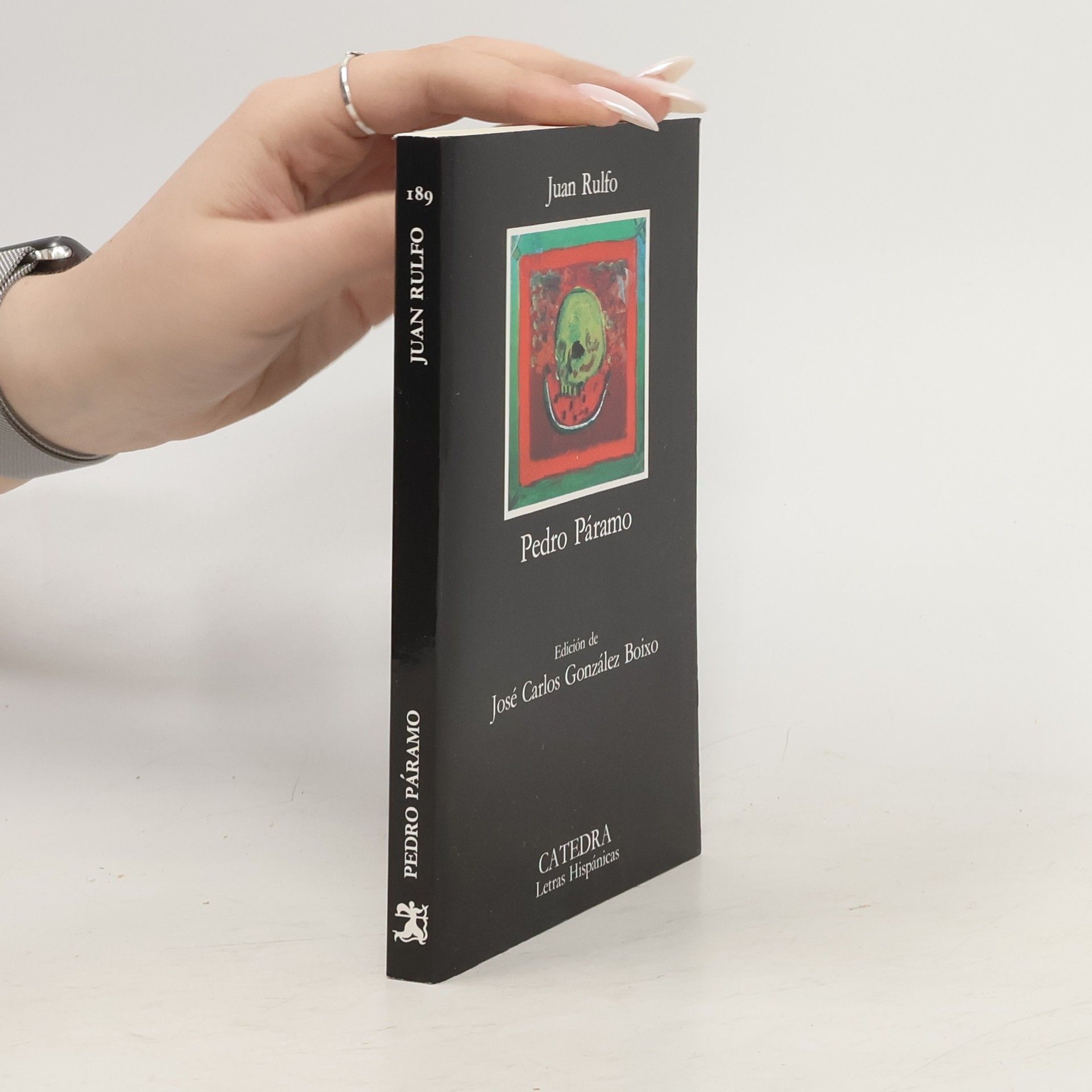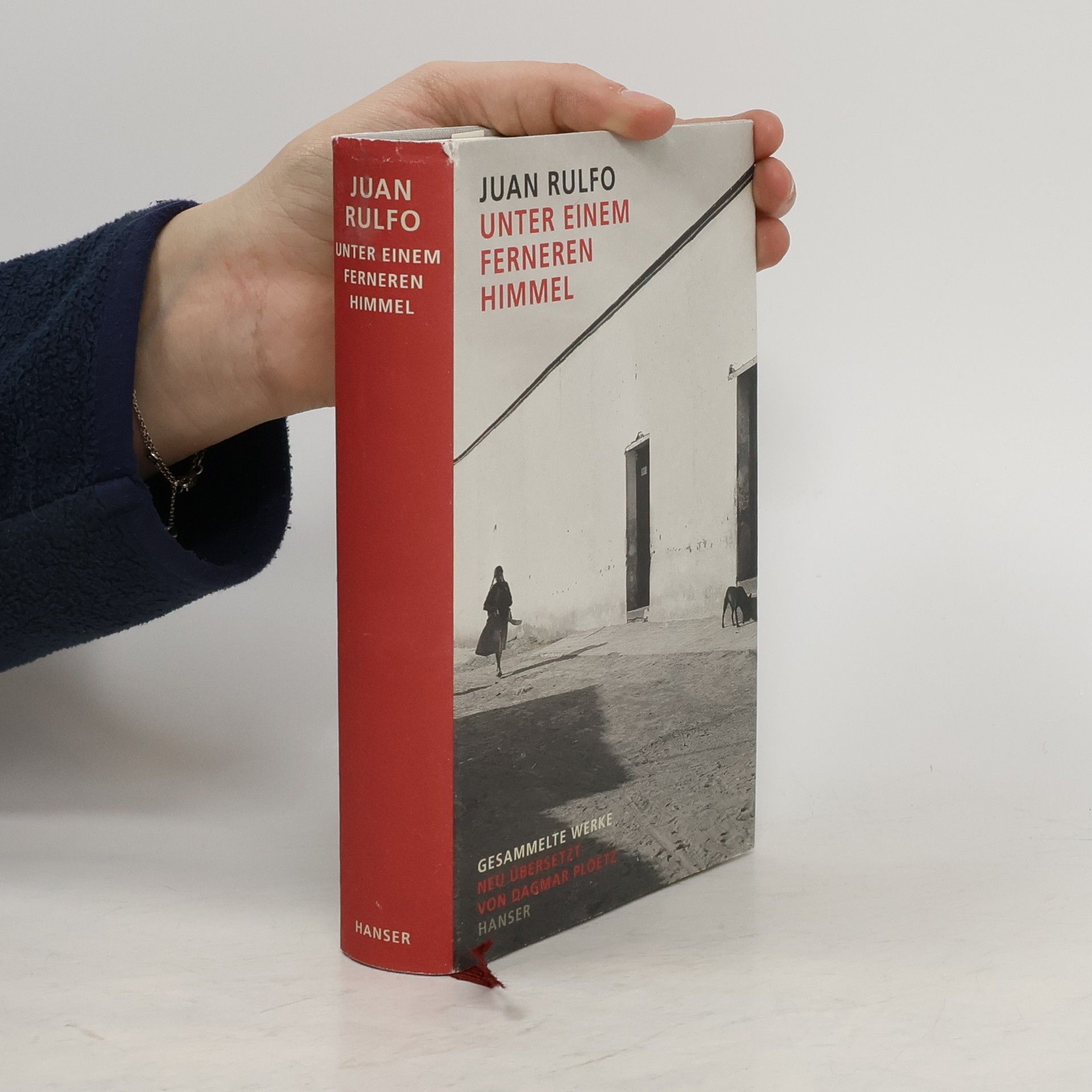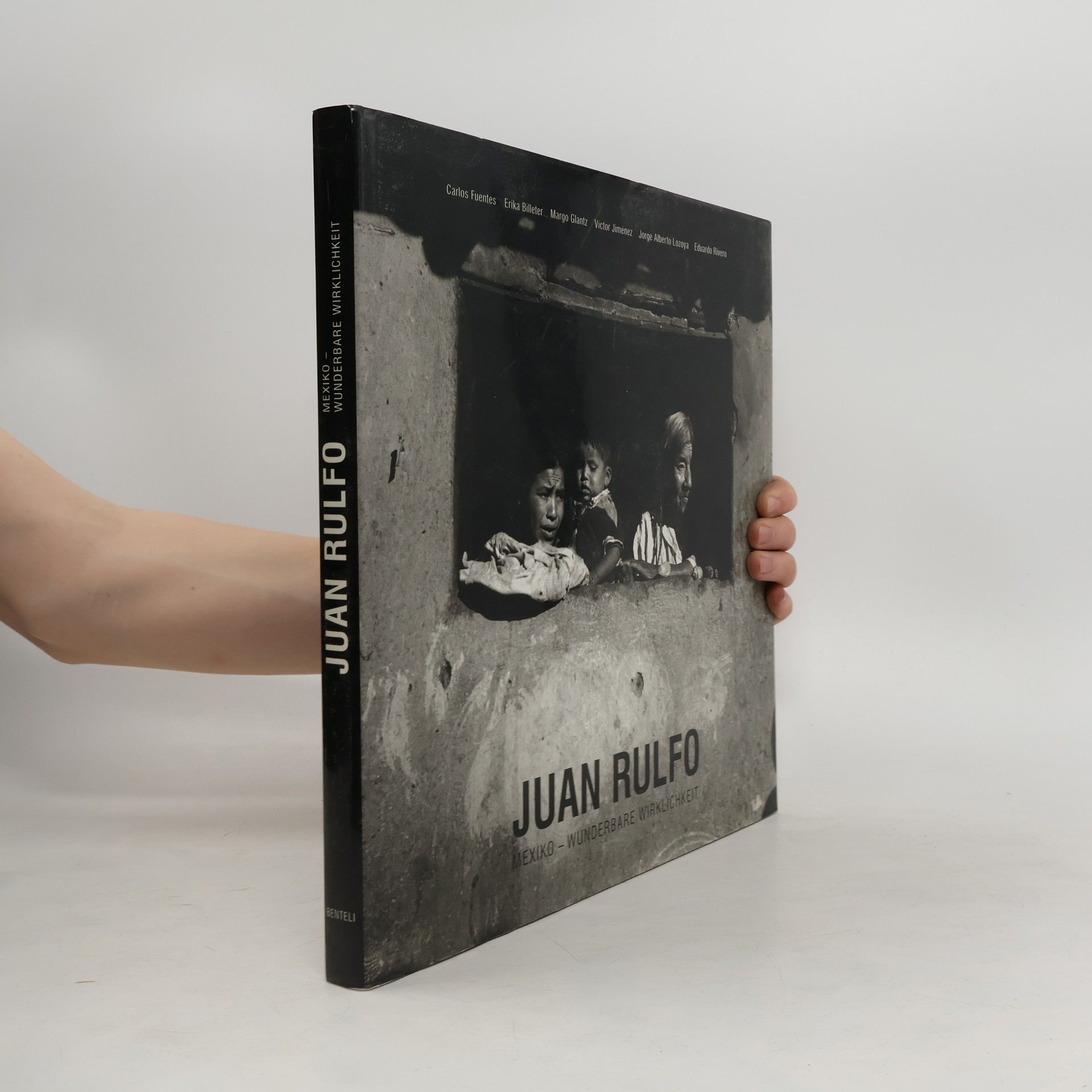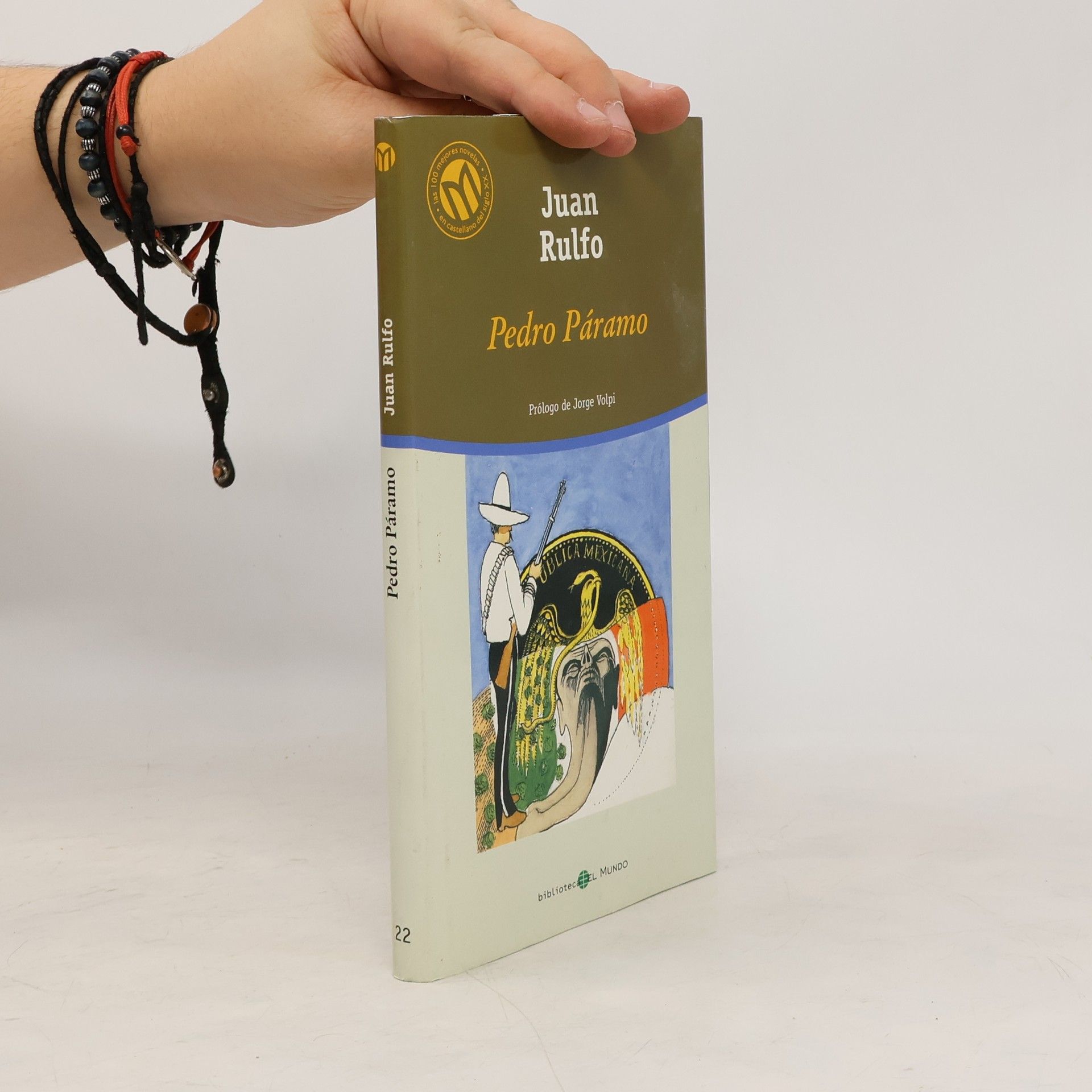El gallo de oro y otros relatos
- 280 pages
- 10 hours of reading
"El gallo de oro" es la segunda novela de Juan Rulfo y el tercero de los libros cuya edición autorizó en vida. Cronológicamente, tiene sus orígenes en los años posteriores a la aparición de "El Llano en llamas" (1953) y "Pedro Páramo" (1955), cuando Rulfo se encontraba más expuesto ante la opinión pública y comenzó a escribir un relato pensado para adaptarse al cine. La novela, sin embargo, no apareció como tal hasta mucho después, en 1980, en un volumen que reunía también "otros relatos para cine", lo cual ha contribuido al desacertado empeño de la crítica en considerarla, a pesar de su claro carácter novelístico, como guion o argumento cinematográfico. El presente volumen ofrece "El gallo de oro" junto con otros relatos breves de decidida importancia para el universo narrativo de Juan Rulfo, y, muy en particular, para las dos grandes obras con que se dio a conocer. -- Summary from book

